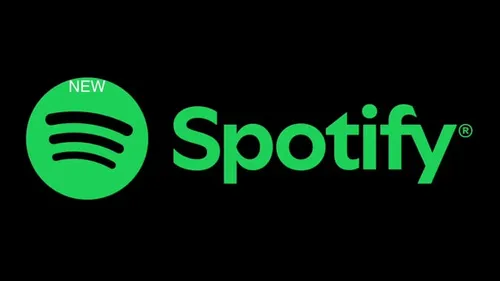
Music streaming platforms like Spotify have millions of tracks at your fingertip, offering a convenience that’s hard to resist, especially to teens. We know many teens and families use these music platforms, but we would suggest with the little ‘profitable’ material to be obtained that we stay away from them as much as possible. However, as parents, it’s important to recognize the potential dangers Spotify might pose to teens and adults. Here are several to consider:
1. Explicit Content
One of the most significant dangers on Spotify is the sheer volume of explicit content. Spotify does offer a “clean” version for younger listeners. Many songs feature explicit language, themes of violence, drug use, and sexual content. Spotify does label songs as “explicit,” but it is easy to bypass this.
Here are some of the most common ways pornographic material slips in through music streaming apps:
- Album cover art with explicit imagery. Album art doesn’t get blocked by filters and there’s a current trend of pornographic images being uploaded to Spotify and other services as podcasts. There are entire playlists dedicated to hosting album covers depicting hardcore porn, none of which contain any audio content within the albums.
- Lyrics that graphically describe sexual acts and violence. Explicit lyrics filters only block out common expletives. Songs Thedetailing rapes and killings slip through filters as long as they don’t use those keywords.Playlist thumbnail images featuring sexually explicit images. These user created thumbnails slip past the explicit filter since they are attached to playlists and not specific songs or albums.
- Podcasts featuring erotic narratives, explicit discussions of sex and sex noises and sounds. It’s called “audio porn” and shows up on music apps without explicit tags.
- Pornhub playlists on Spotify hosting audio from their pornographic videos.
2. Unfiltered Access to Podcasts & Audiobooks
In addition to music, Spotify offers podcasts and now audiobooks. Some podcasts discuss adult topics such as true crime, politics, and explicit humor, and pretty much any topic is available. Spotify now offers “Spicy” audiobooks to premium subscribers. There is no way to filter podcast episodes, unless it is specifically tagged as explicit.
3. Advertisements
Even though Spotify offers premium subscriptions that are ad-free, the free subscription will host ads. As with ads you see anywhere, not all are appropriate.
4. Social Features and Privacy Concerns
Spotify allows users to share playlists, follow other users, and display their listening activity.
Also be aware that Spotify collects data about users’ listening habits, preferences, and demographics.
5. Mental Health Impact
Music can have a profound effect on emotions and mood, and this impact is especially powerful during the formative teenage years.
Parental Considerations
Spotify does allow some level of control, such as disabling explicit content on family accounts, but it’s still possible to encounter sexually explicit material if these controls are not set up properly or if they bypass them.
Spotify offers limited parental controls, especially compared to some other platforms, but there are still a few options for parents to manage and monitor their child’s experience. Here’s an overview of the parental controls available on Spotify:
1. Explicit Content Filter
Spotify provides a filter to block explicit content, which can be activated as follows:
Spotify Premium Family Plan: This feature is most effective if you’re using the Spotify Premium Family Plan. The account holder (parent) can turn off explicit content for any family members connected to the plan. This prevents them from playing tracks that are marked as “explicit.”
To turn off explicit content for a family member:
1. Go to your account page on Spotify.com.
2. Under “Premium Family,” select the member’s account.
3. Toggle the “Allow Explicit Content” option off for that user.
Individual Accounts: Users can also toggle the explicit content filter on their own accounts (if they’re using Premium):
Go to Settings > Scroll down to Explicit Content > Toggle Allow Explicit Content off.
2. Monitor Listening History
Looking at the “Recently Played” section on the account or device.
Exploring any shared playlists or downloaded content.
3. Podcasts
While there is no specific control for podcasts, the explicit content filter also applies to podcasts labeled as explicit. However, there’s no specific filter to block access to certain podcasts outside of this setting.
4. User Privacy Settings
Spotify has social features where users can follow each other and share playlists. Parents may want to help their child adjust the privacy settings:
Private Sessions: Temporarily hides listening activity from followers.
Private Playlists: Ensures that shared playlists are not visible to the public or specific users.
*Some content used from these sites and for more information
https://protectyoungeyes.com/apps/spotify-app-review-parent-guide
*Please note that although we have found valuable information from an external web page for our blog post, we do not endorse all information, religious views, and opinions posted on these third-party websites.
